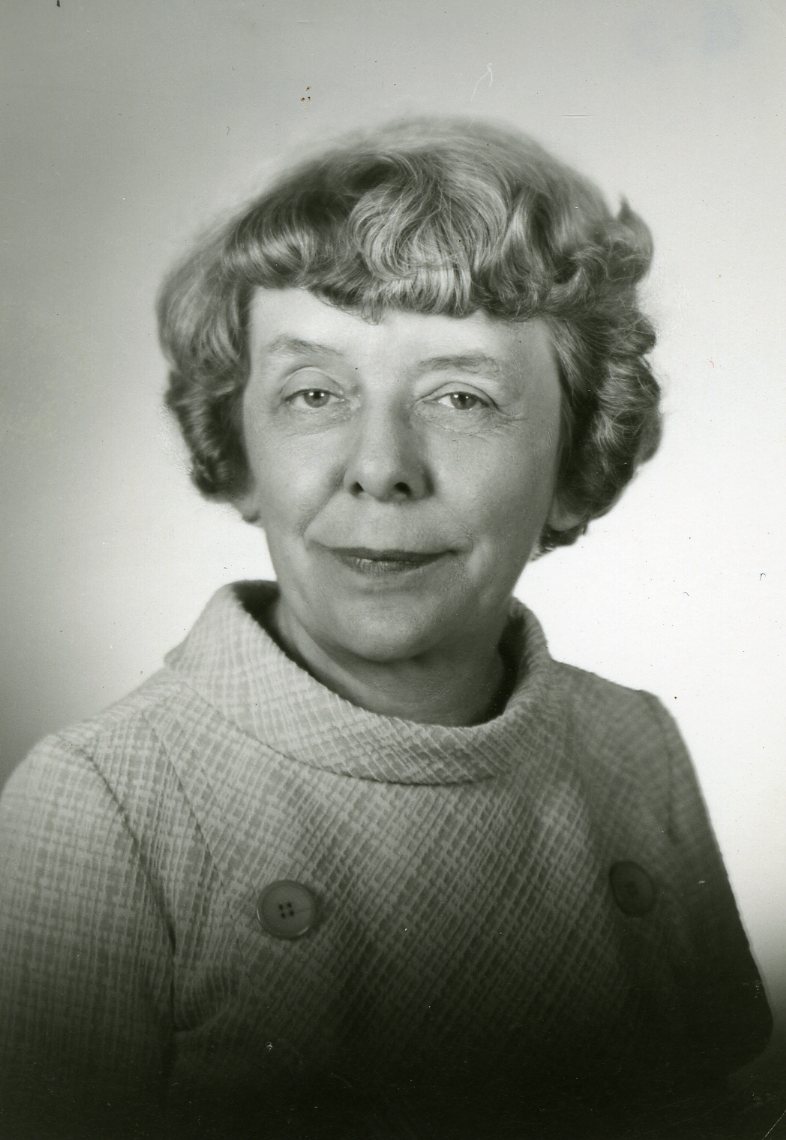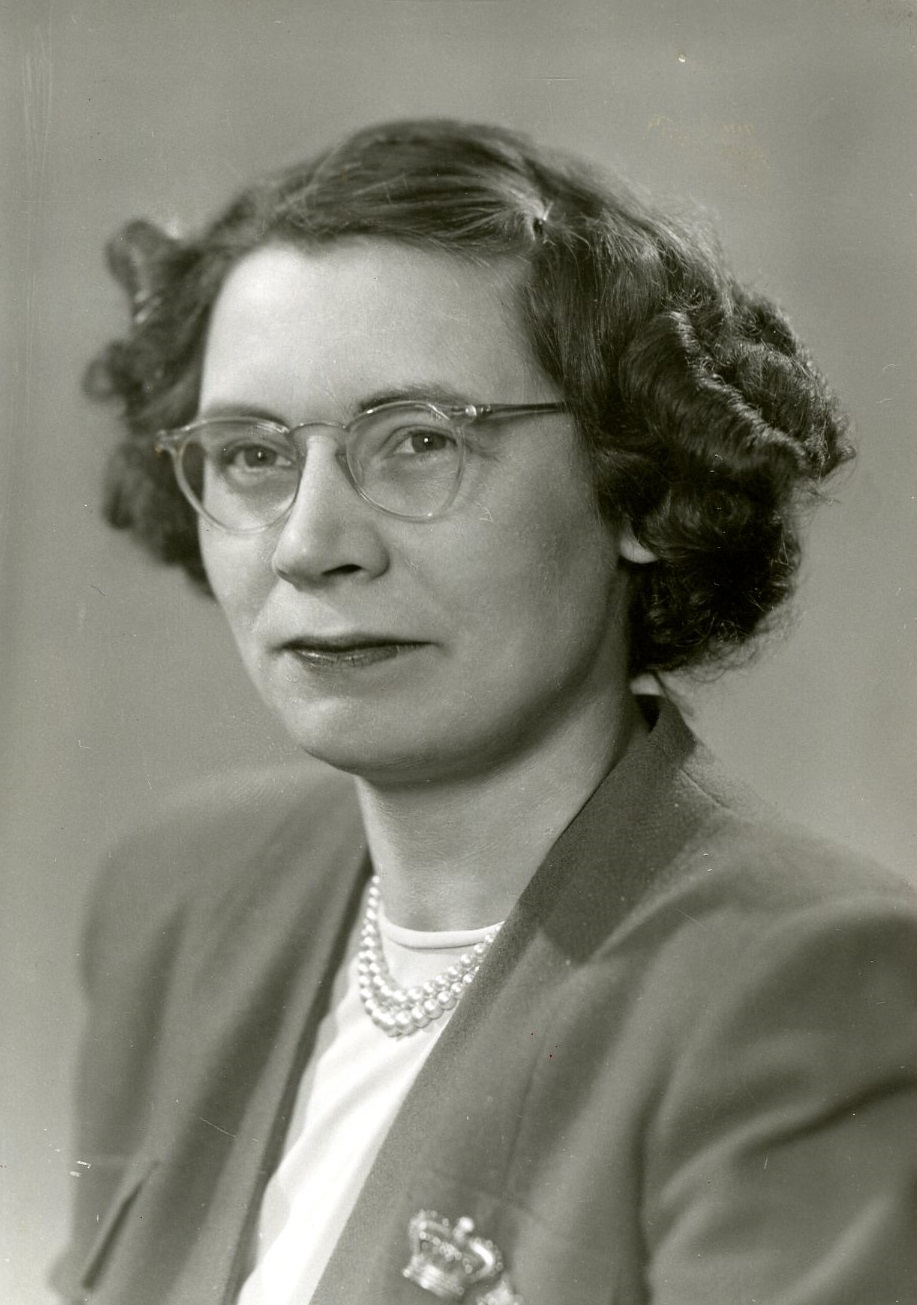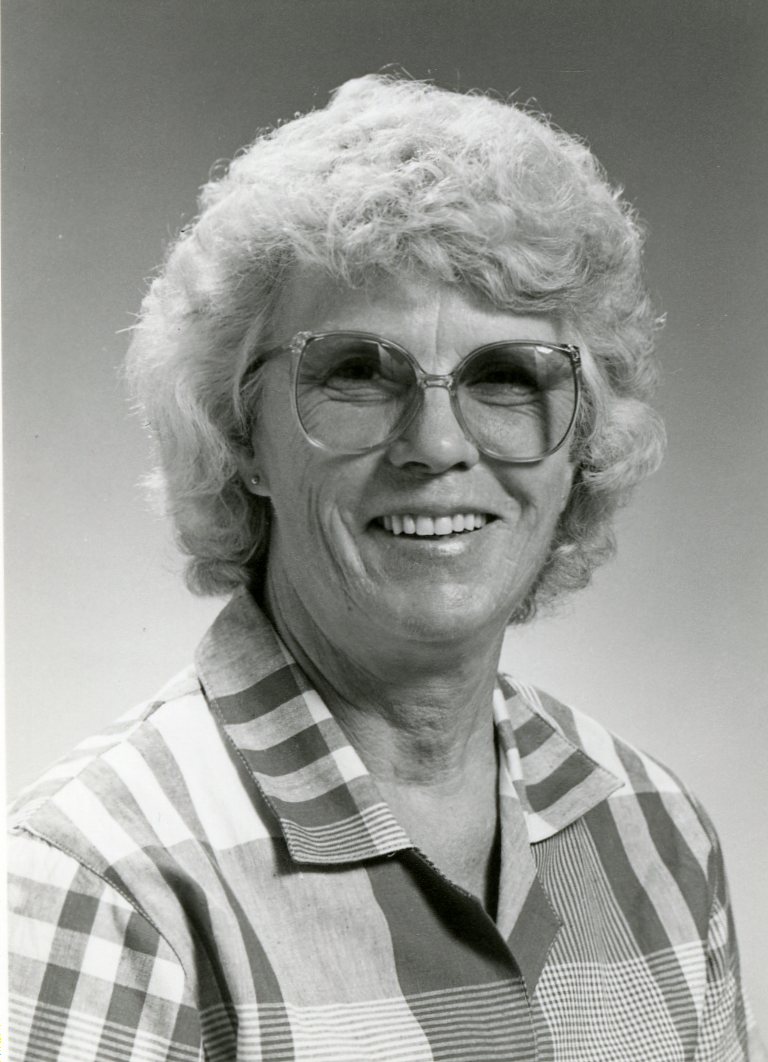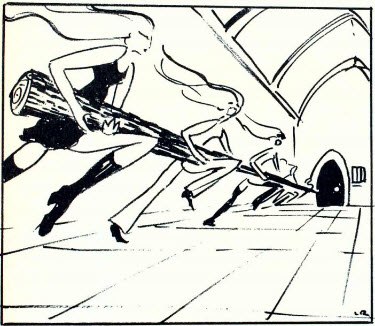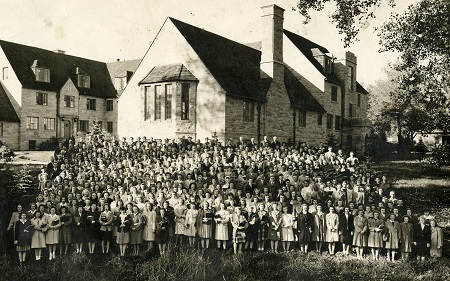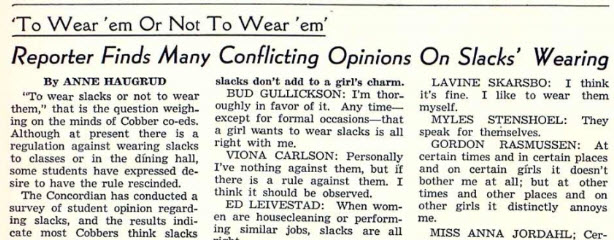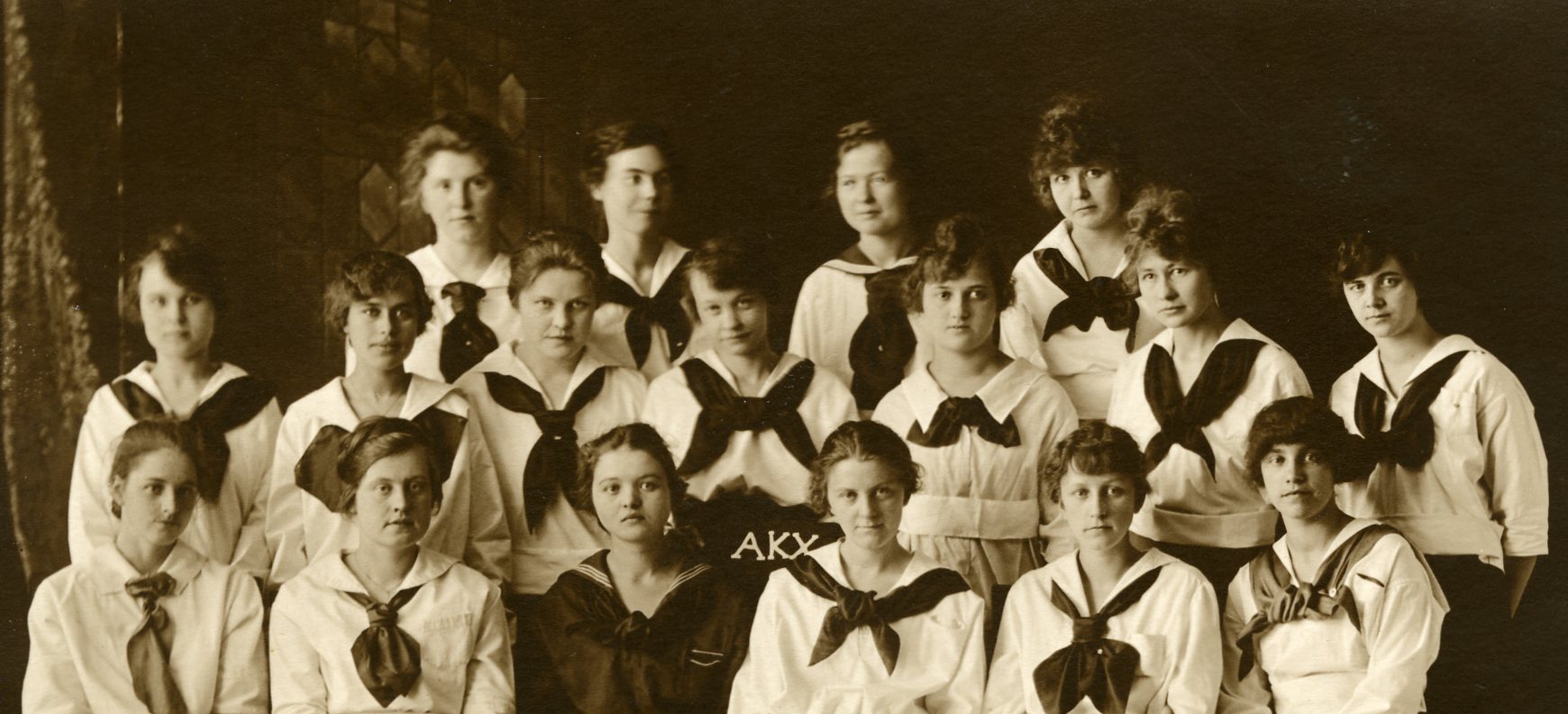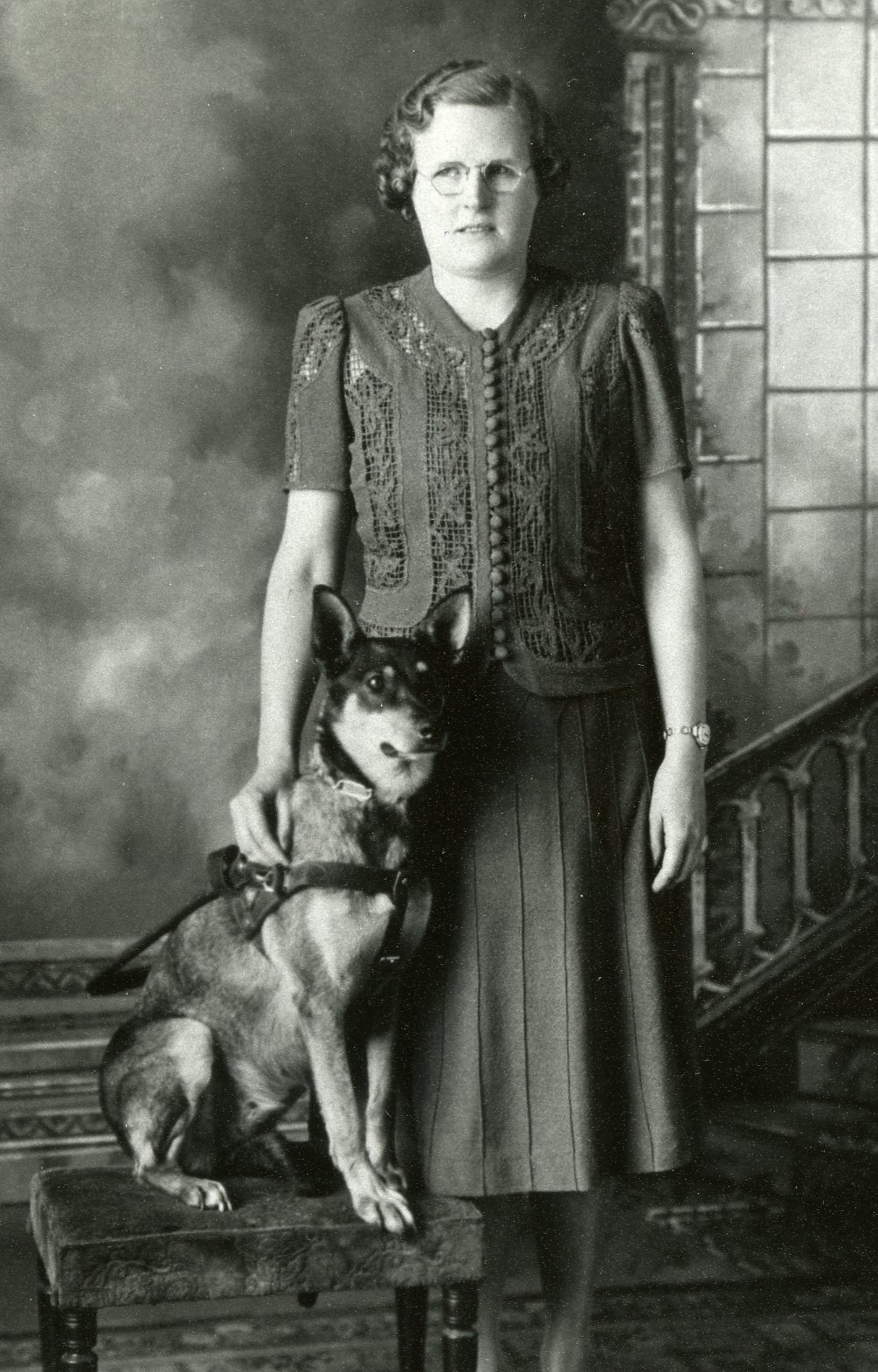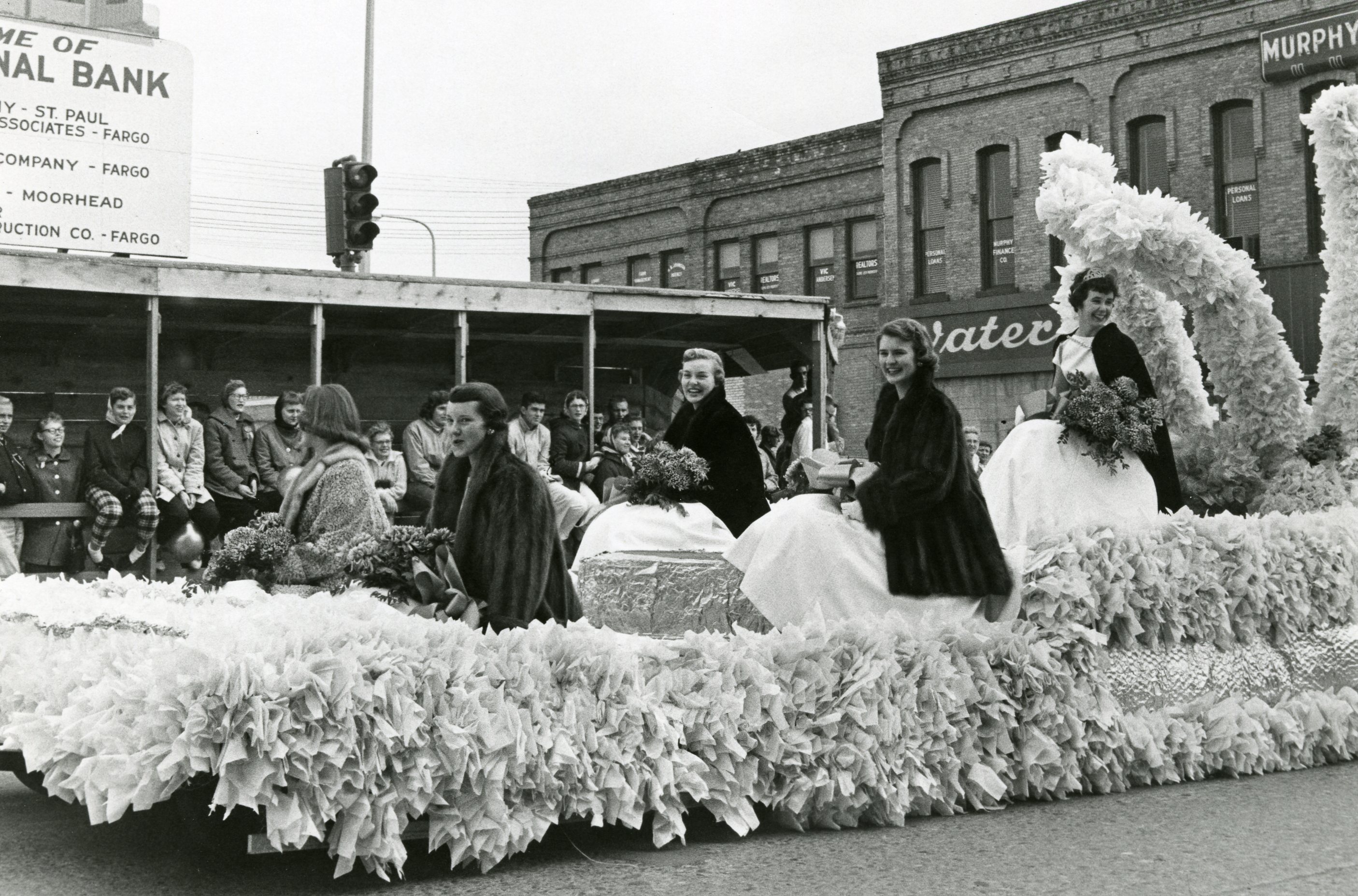 Concordia’s tradition of crowning a homecoming queen began in the 1920s. Student movements and the influence of the 1960-70s society affected the practice. Due to student concerns, the 1974 Homecoming Chairperson Ken Fitzer substituted the tradition of voting for a homecoming queen with the Don Awards, which was a recognition given to four exemplary senior students. The current practice of crowning both a king and queen began during the homecoming festivities in 1977.
Concordia’s tradition of crowning a homecoming queen began in the 1920s. Student movements and the influence of the 1960-70s society affected the practice. Due to student concerns, the 1974 Homecoming Chairperson Ken Fitzer substituted the tradition of voting for a homecoming queen with the Don Awards, which was a recognition given to four exemplary senior students. The current practice of crowning both a king and queen began during the homecoming festivities in 1977.
Browse Entries
|
|
|
|
|
|
|
|
|
When the United States decided to forego their neutrality to the first World War in 1917, thousands of American men were drafted into the armed forces. Although women were unable to enlist, their services were required and appreciated in Red Cross work either as nurses or as citizen volunteers simply rolling and packing bandages. Women of Concordia College were quick to participate in the Moorhead chapter of the Red Cross by rolling bandages and knitting sweaters, mittens, caps, and scarves. |
|
|
|
|
|
|
|
|
|
|
